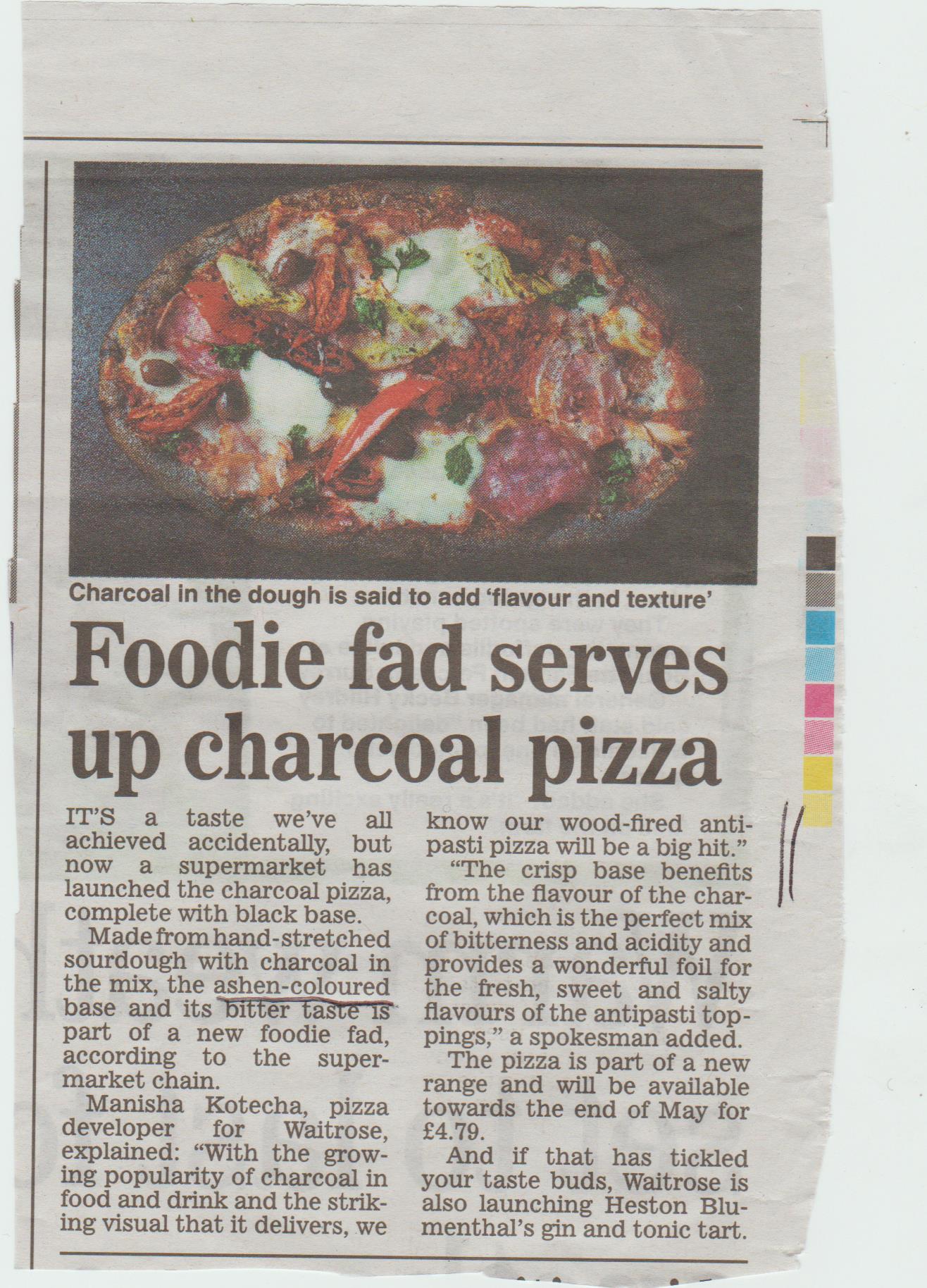
Daily Express, March 31, 2017
‘Ashen’ is the adjective for something the colour of ash. So this means ‘ash-colour-coloured’. In any case we have already been told that the pizza base is black, so this is needless repetition. I would delete the words ‘the ashen-coloured base and’. This gives you a reasonable sentence.
The repetition of ‘taste’ in the first two pars could be avoided by using ‘flavour’.
You do not need to repeat ‘supermarket’ in the second paragraph. Everyone knows what a chain is in this context. Actually it would be better to put Waitrose at the end of the second paragraph and ‘chain’ in the third.
Later, you cannot end one quote and start another in this way. It looks like an error, as if the quotes have wrongly been closed after the first paragraph. The way to do it is to end the first quote and start the next paragraph with ‘A Waitrose spokesman added: . . .’
This would give you:
IT’S a taste we’ve all achieved accidentally, but now a supermarket has launched the charcoal pizza, complete with black base.
Made from hand-stretched sourdough with charcoal in the mix, its bitter flavour is part of a new foodie fad, according to Waitrose.
Manisha Kotecha, the chain’s pizza developer, explained: “With the growing popularity of charcoal in food and drink, and the striking visual that it delivers, we know our wood-fired anti-pasti pizza will be a big hit.”
A Waitrose spokesman added: “The crisp base [take in the rest].
The heading is dreadful. How can a fad serve up anything?
Pizza that’s meant
to taste of charcoal
is exactly the same character count, and it makes sense.
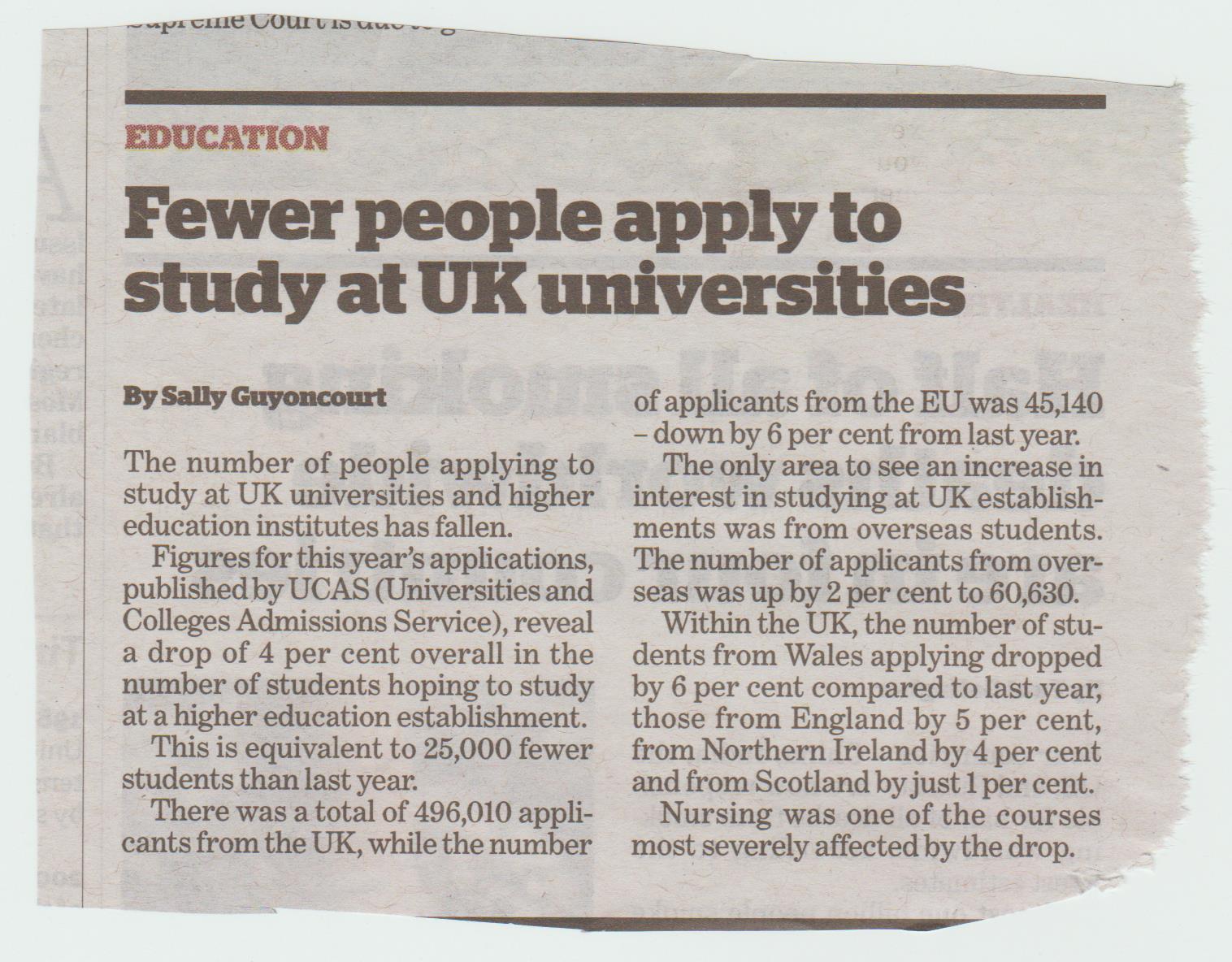
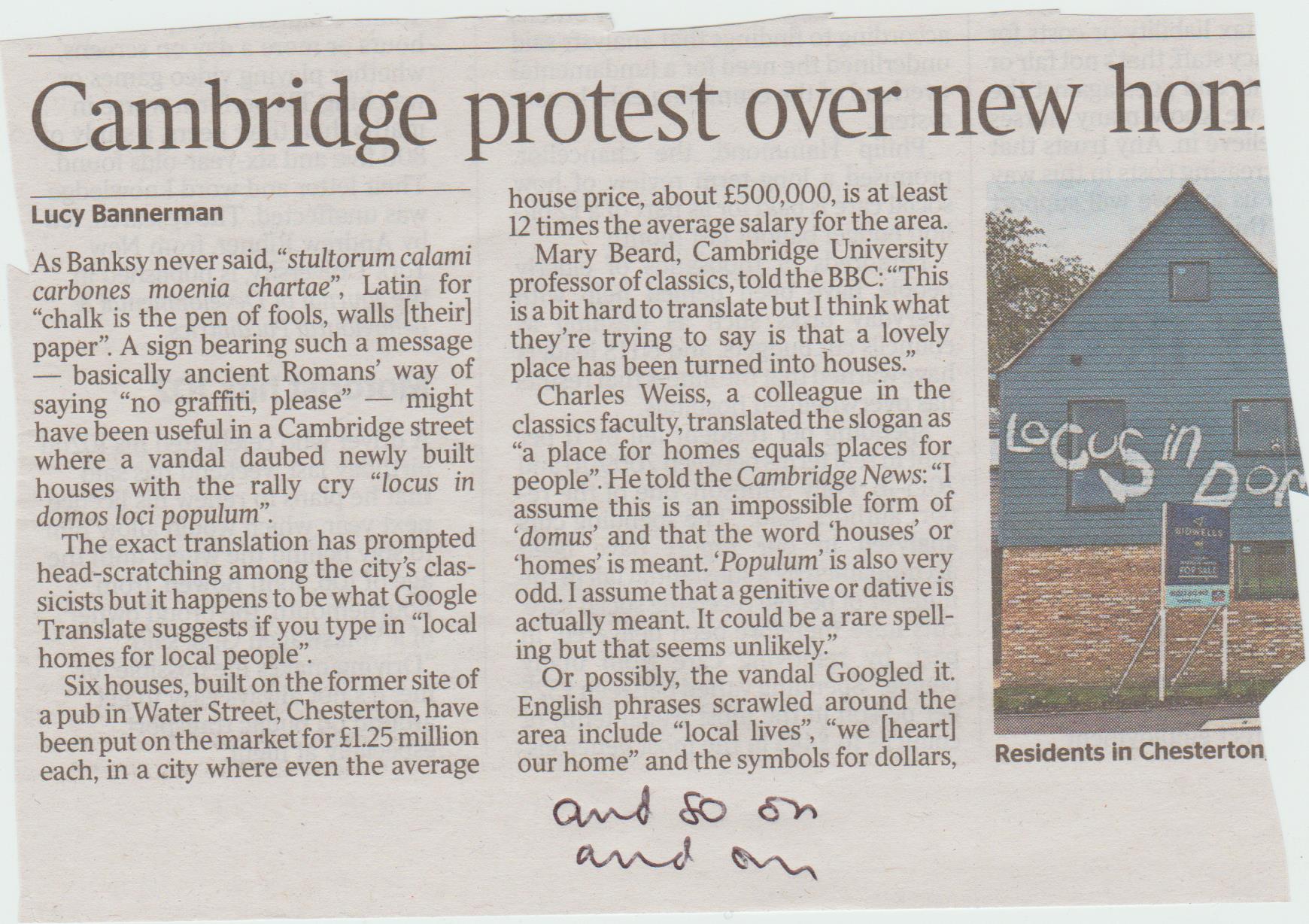
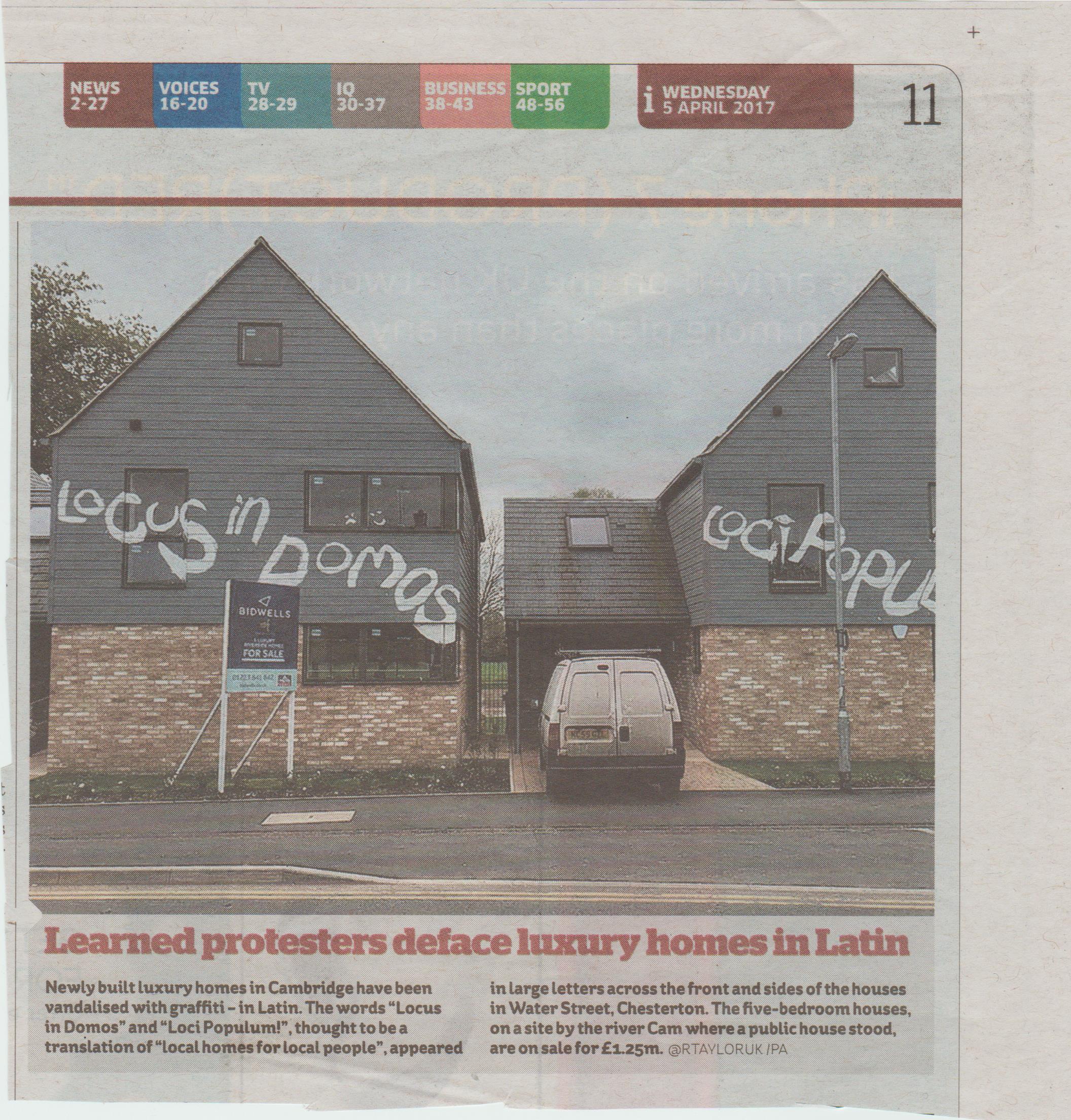

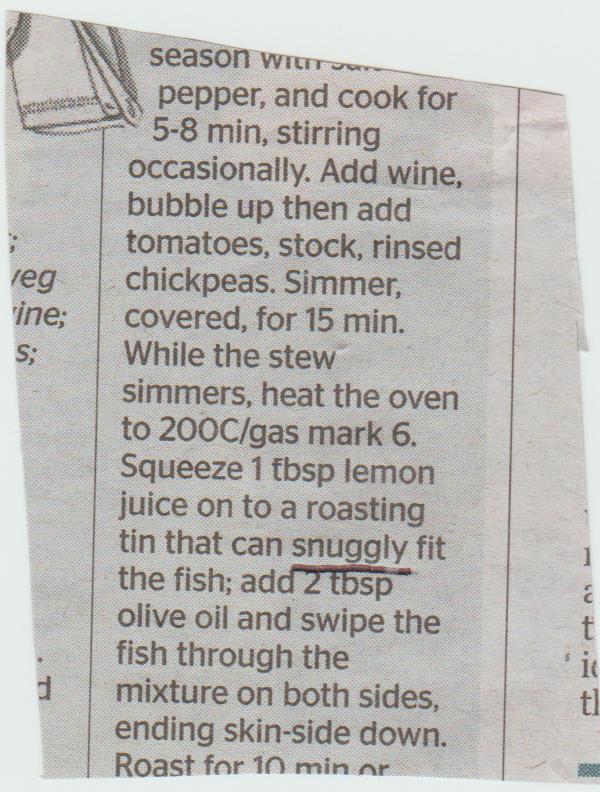
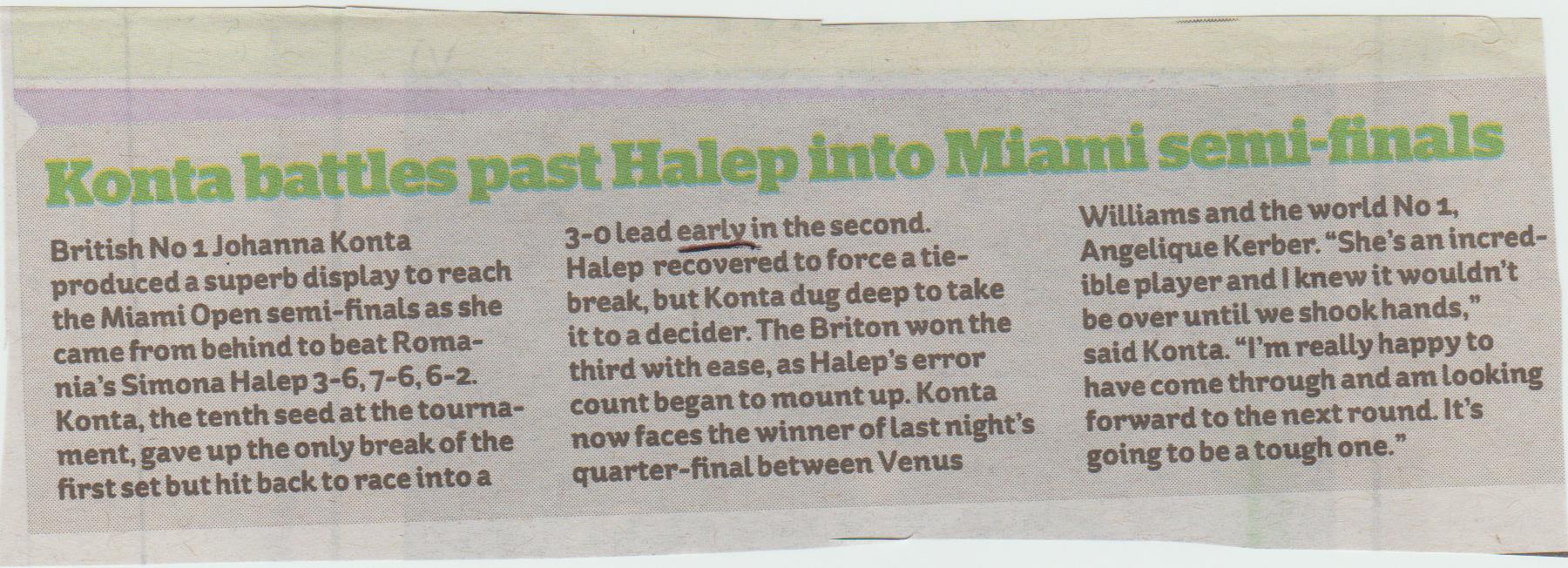
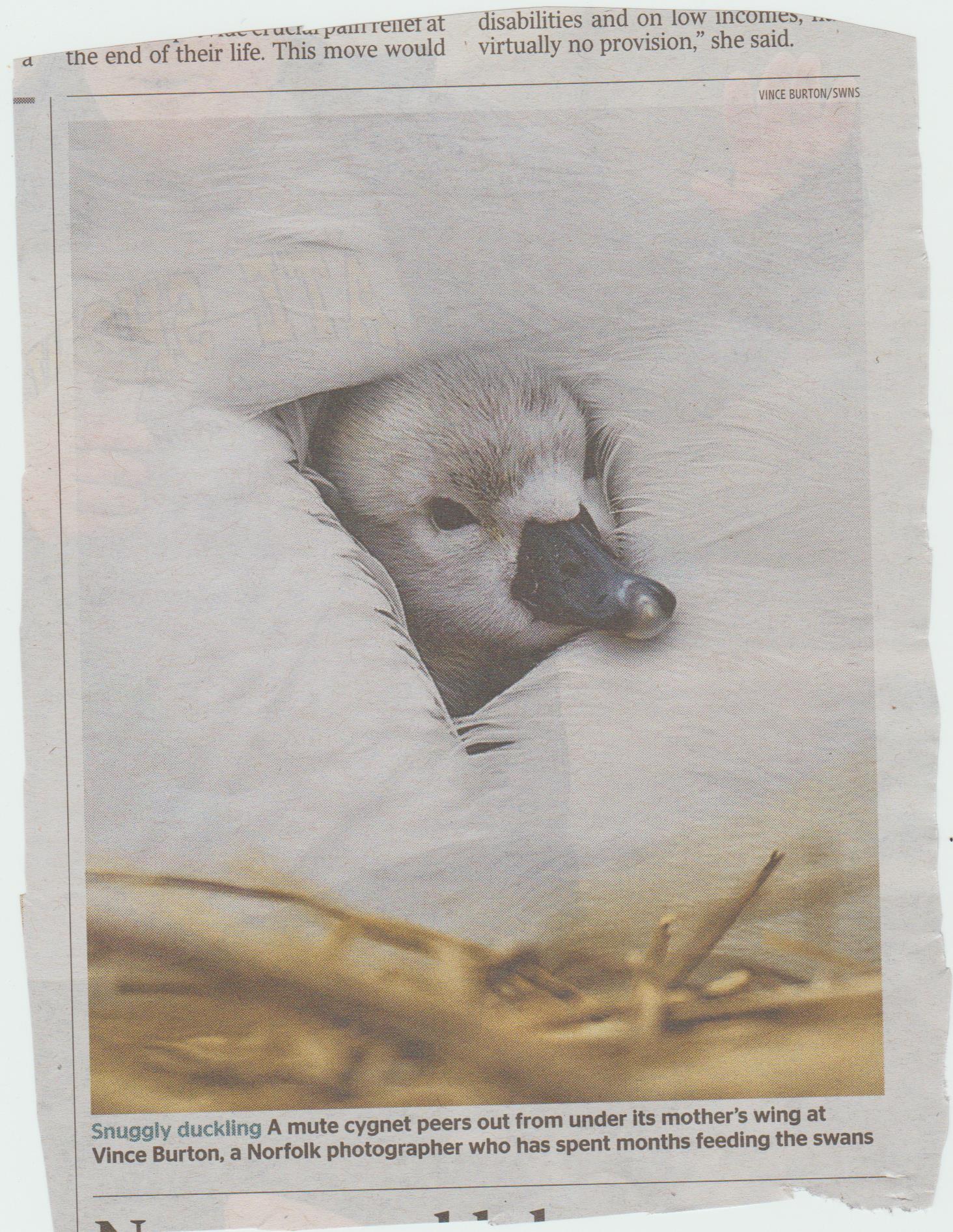
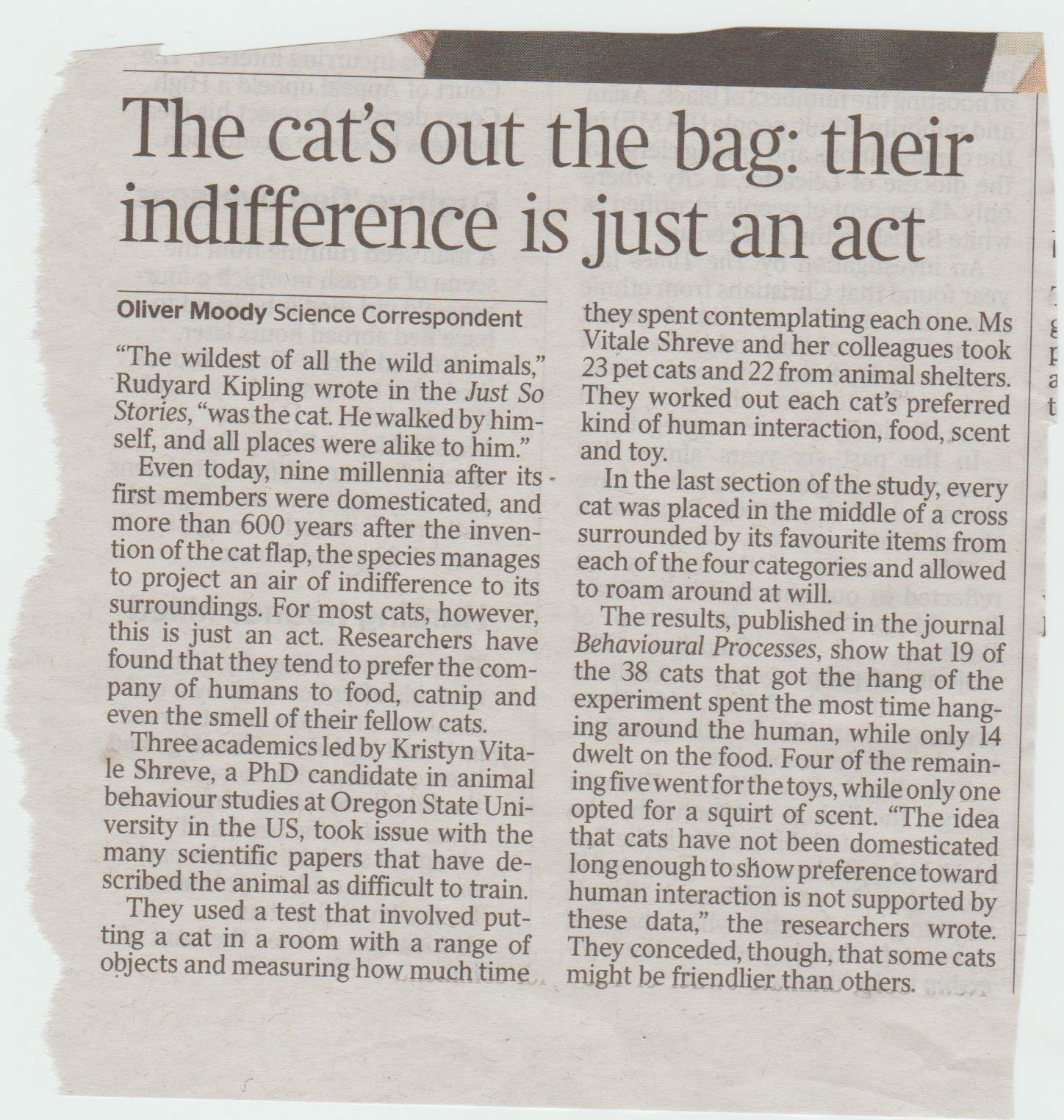 The Times, March 28, 2017
The Times, March 28, 2017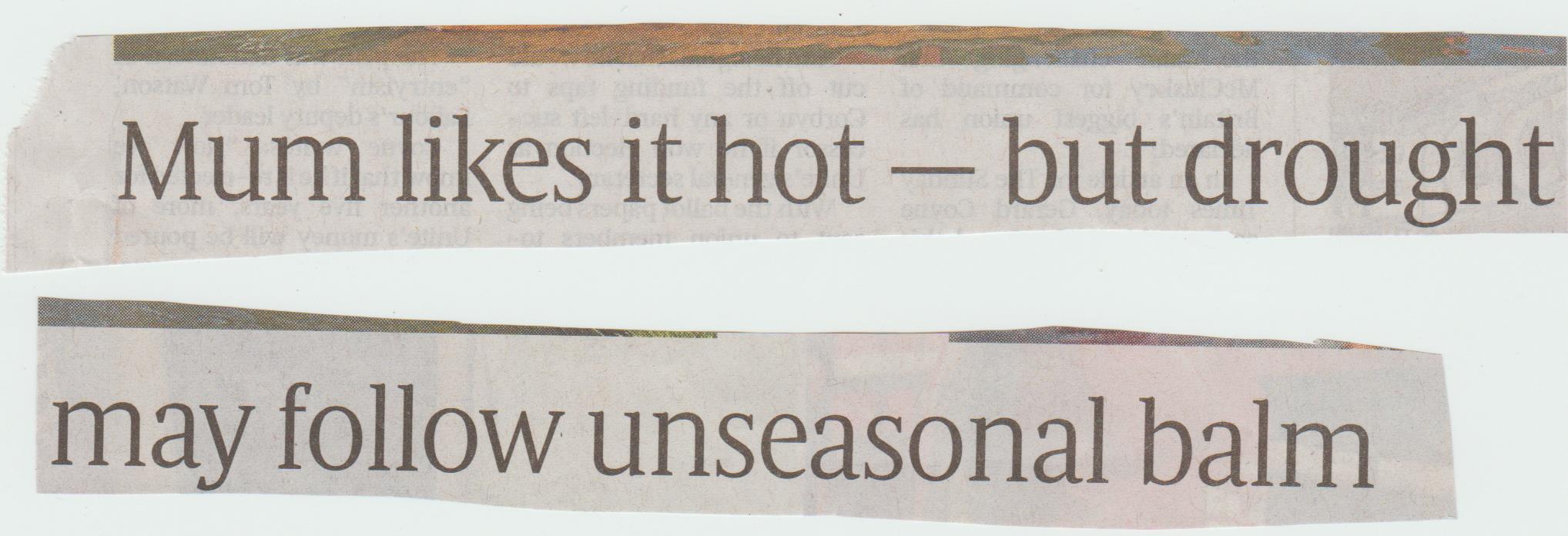
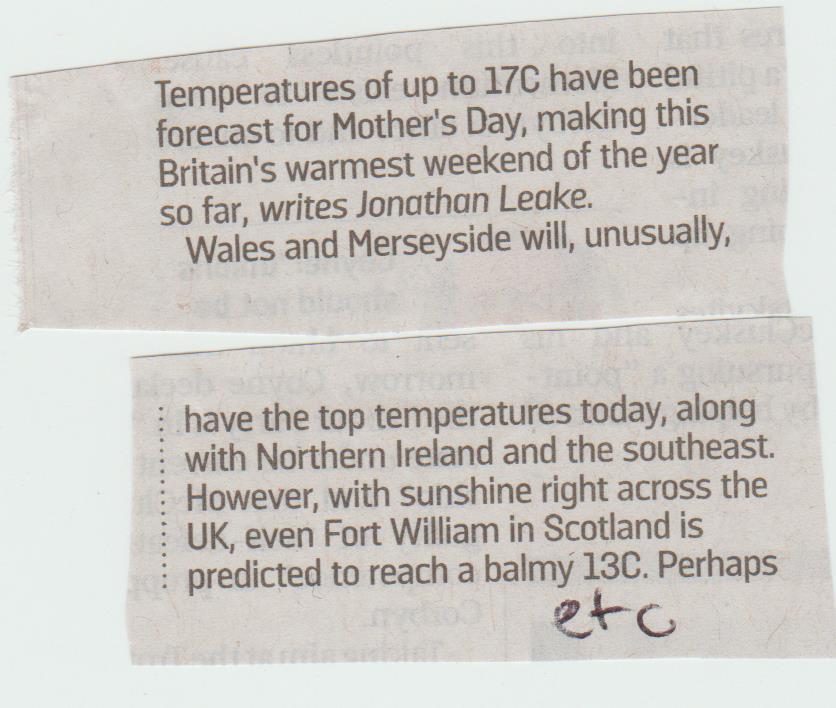 Sunday Times, March 26, 2017
Sunday Times, March 26, 2017 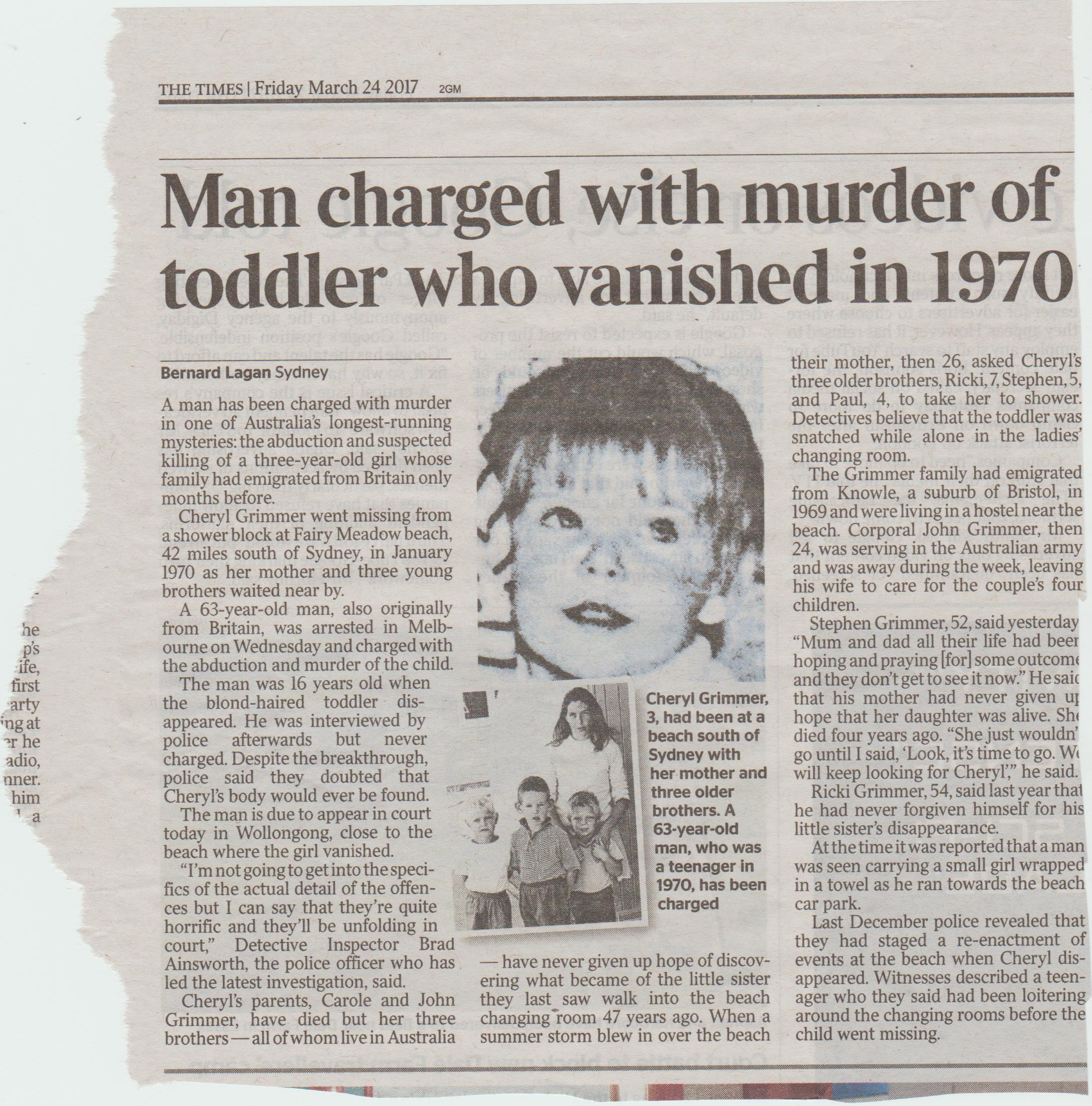 The Times, March 24, 2017
The Times, March 24, 2017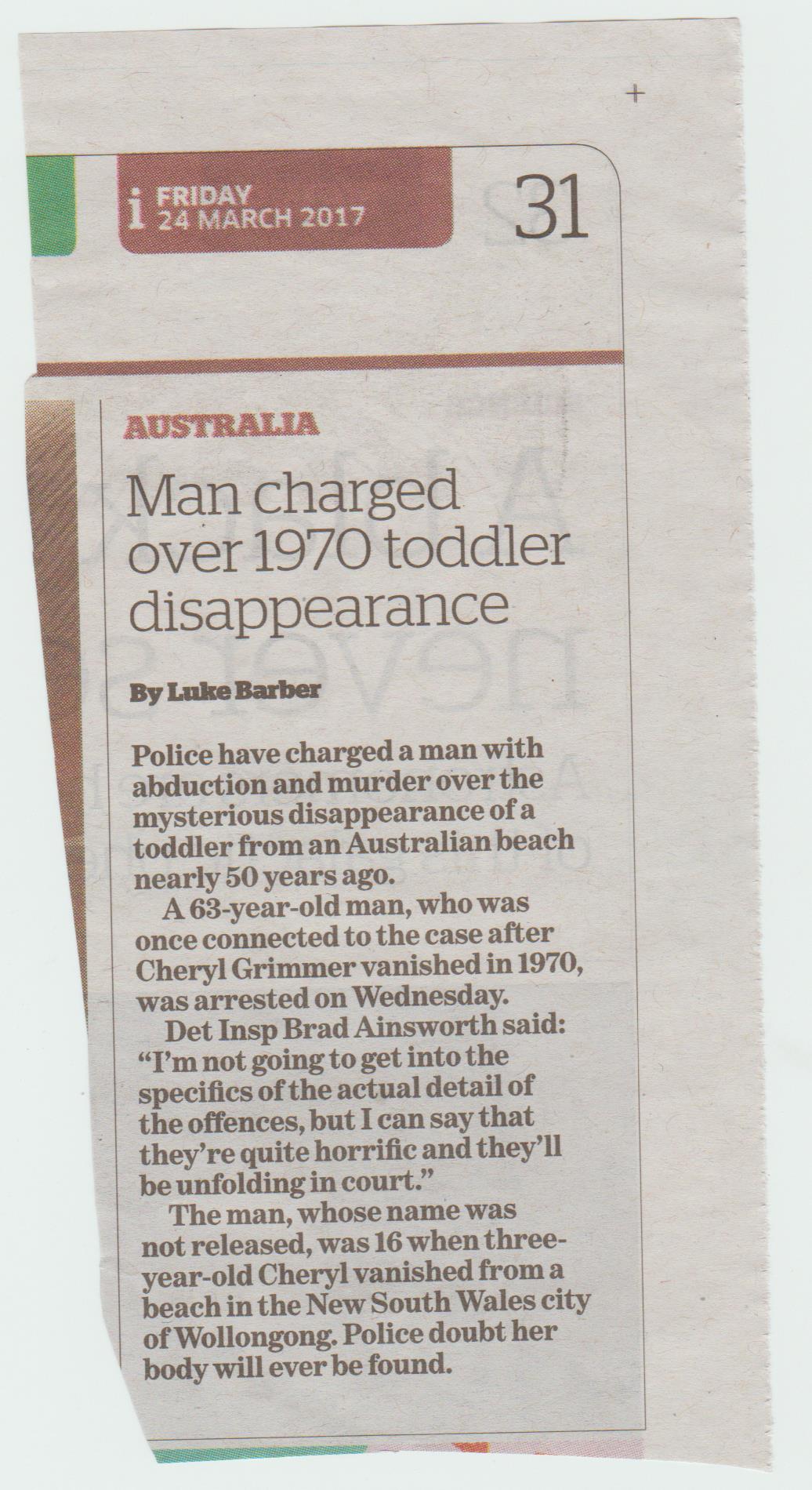 i newspaper, March 24, 2017
i newspaper, March 24, 2017